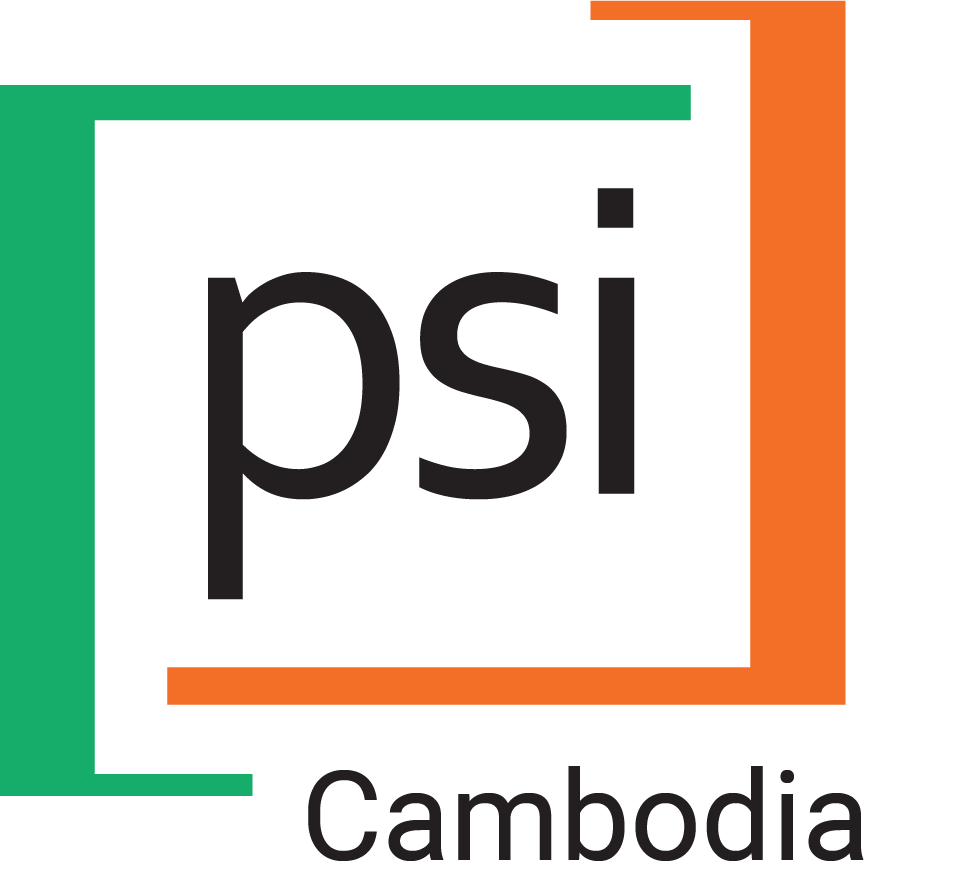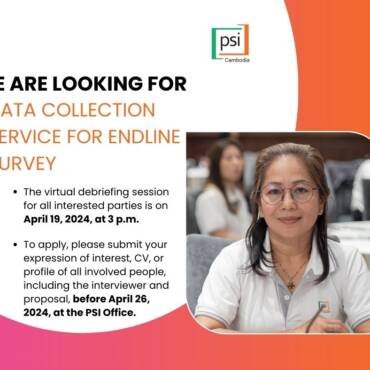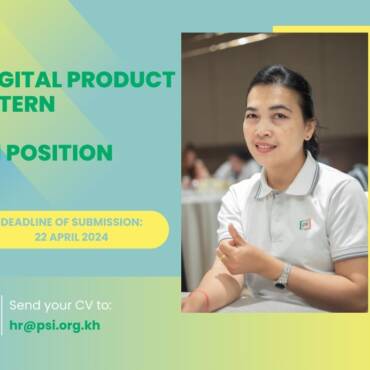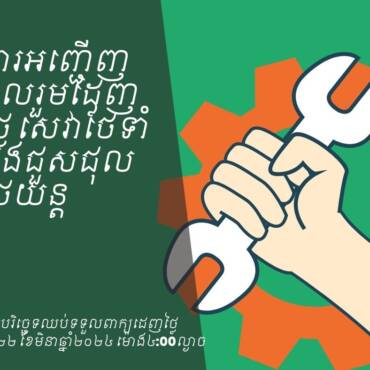“Just the Two of Us”
An SBC activity to increase modern method family planning adoption for urban youth in Cambodia
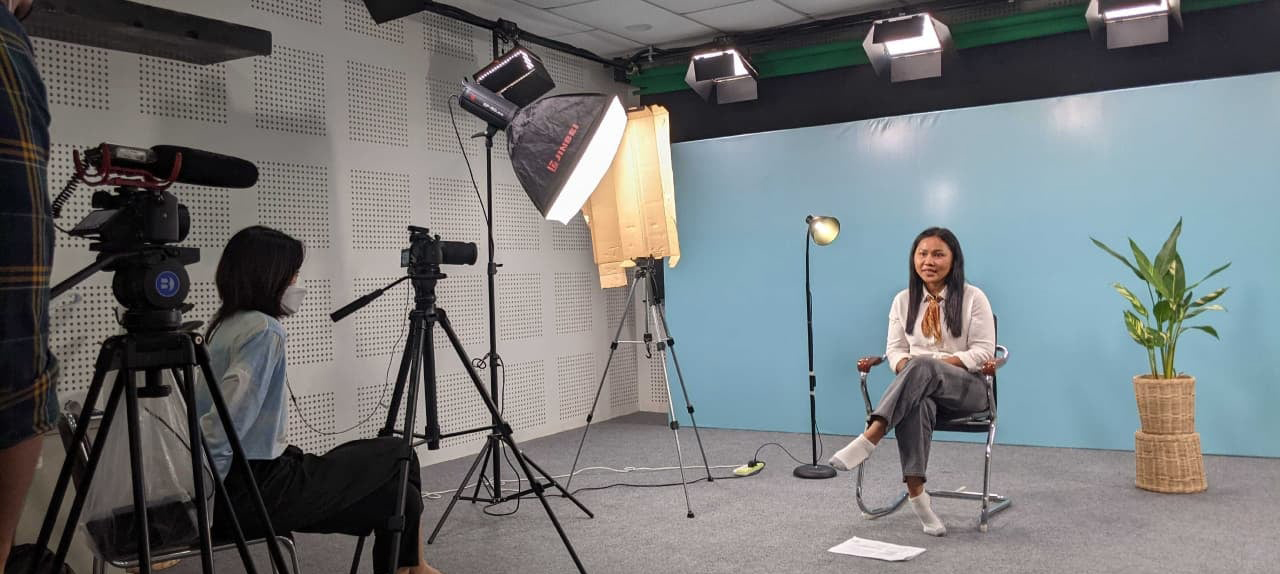
Demographic trends reveal a widening gap between sexual maturity and age at marriage. Together with changing traditional views in urban areas, there is an increase in premarital sexual activity among young adults in Cambodia. Sexually active youth in Phnom Penh are not using contraception, specifically not Modern Methods (MM). According to data from Cambodia Demographic and Health Survey (CDHS) 2014, 18% of sexually active youth aged between 15-24 reported using MM and 31% reported using traditional methods. Fifty percent of those do not use a MM reported that they do not want a child anytime soon. Urban youth in Phnom Penh remain an underserved segment as most programs focus on married women in rural areas.
USAID-funded Promoting Healthy Behaviors Project (PHB) is implementing a social and behavior change (SBC) activity with local implementing partners to increase knowledge, change perceptions around MM and Sexual and Reproductive Health (SRH), and increase adoption of MM among youth in Phnom Penh. Based on field study and insight gathered, “Just the Two of Us” intervention campaign concept is developed that utilizes online platform and media to reach sexually active, unmarried youth aged between 18-29 to reduce unplanned pregnancy. It is crucial to provide youth with accurate information and dispel misconceptions on MM and SRH to ensure that they are empowered to make informed decisions that benefit their health, well-being and future goals.
KEY MESSAGES
- Seek accurate information about MM so that you can make well-informed decisions about FP
- Access confidential and non-judgemental youth-friendly services so that you can adopt MM
TARGET AUDIENCES
- Sexually active, unmarried youth aged between 18-29 living in Phnom Penh urban area
BEHAVIORAL OBJECTIVES
- Increase knowledge and provide accurate information on SRH and different MM, including personal health, possible side effects, quality and price
- Dispel misconceptions around SRH and MM
- Empower youth with accurate information to make informed decisions about MM
- Encourage youth to seek out and adopt MM and plan for their future
STRATEGIES AND TOOLS
Extensive research including 45 interviews with youth was conducted to gather insights and information on local social media landscape among youth living in Phnom Penh and their insight on sex, relationship, and contraception. Based on the research findings, several crucial components are identified and used to guide the intervention campaign:
- Youth friendly information access point – confidential, anonymous setting where youth are not questioned or judged
- Authoritative and accurate information – information comes from a source of authority and expertise in a casual setting and focus on personal health, side effects, quality, and price
- Cultural sensitivity and local language – SRH information and MM options are communicated in a way that will resonate with youth and is explained through their culture and language
- Digital component – to meet where youth are with the added benefit of being anonymous and easily accessible
- Discuss SRH as part of health – position SRH information within the boarder health and encourage youth to seek health information for themselves, their friends and future
The overarching campaign concept “Just the Two of Us” utilizes a number of media platforms – Website and Facebook to reach target audiences. Interactive multimedia contents including quiz, article, questions posts, static content posts, answer posts and videos (hosted on YouTube with links from website) are designed and used to raise awareness on SHR and MM among youth, to engage with them and to encourage actions.
To RAISE AWARENESS, multimedia contents including posts and a short campaign introduction video are created and posted on platforms to drive awareness on key campaign messages. To ENGAGE with youth, posts, videos and chatbot are used to encourage youth to discuss and ask questions relating to SHR and MM. Additionally, user profiles that have previously engaged in video contents and/or are fans of the campaign Facebook page are targeted and encouraged to share and advocate campaign page and contents. To encourage ACTION, accurate and reliable information from experts and referral information to youth-friendly and online services are provided.
តើអ្នកកំពុងរង់ចាំចម្លើយរបស់អ្នកដែលបានសួរកាលពីលើកមុនមែនដែរឬទេ? ប្រសិនបើមែន នេះជាចម្លើយរបស់អ្នក។…
Posted by ដុះស្លាប Dosslarb on Sunday, October 30, 2022
Campaign contents are designed to follow three content pillars to ensure they drive campaign objectives, are relevant, and provide information that youth seek:
Family Planning educates and empowers youth through factual content. Answering questions they want to know, and informing them on topics they may not know how to ask about. Topics include SRH overview, MM options and debunk myths/misconceptions.
My Future motivates youth to seek out knowledge around their options and reminds them that they are in control of their future. Topics include life goals, relationship/family focus and career aspirations.
Link to Care provides youth with referral to reliable service providers that can provide the care they need. Topics include youth-friendly services and online services providers.
All contents are developed based on three themes – Curiosity covers topics including “my body (sex education)”, “my options (consent)”, “peer perspectives” and “average behaviors”. Shared Responsibility covers topics including “gender roles on MM & pregnancy”, “conversational starter” and “service providers”. My Goals covers topics including “importance of planning”, “how to set goals” and “starting a family”. Contents developed under each theme address issues and topics identified in the three guiding content pillars. Potential experts to best provide support under each theme, tools to facilitate discussions and sample questions are also identified for content creation.
In addition, Q & A is the center feature of the campaign that engages with youth to build a knowledge base responding to real life, relatable questions. Questions are collected on the website, via Facebook posts and Messenger. Accurate and credible answers are provided by experts and to be published in multimedia format across channels.
MONITORING, EVALUATION AND LEARNING
PHB conducts ongoing monitoring of this and all its SBC activities, capturing data in terms of activities implemented, people reached, and materials distributed, as well as information on beneficiaries’ knowledge, attitudes, and behavior prior to and after exposure to PHB’s activities. Results and lessons learned are used to iterate and improve the SBC activities, and are regularly shared with the wider SBC community.
* The Promoting Healthy Behaviors (PHB) Activity is a USAID-funded Social and Behavior Change project that commenced in 2018. The goal of PHB is to improve health behaviors among Cambodians and ensure they seek and receive quality healthcare with decreased financial hardship. PHB initially targeted 6 key health areas: Maternal & Child Health; Nutrition; Water, Sanitation and Hygiene (WASH); Tuberculosis; Family Planning; and Malaria. In 2020-2021, PHB also implemented COVID-related activities in response to the global pandemic. Towards the end of 2021, noncommunicable diseases (NCDs) were added to PHB’s health portfolio, and the project was extended until June 2025.
